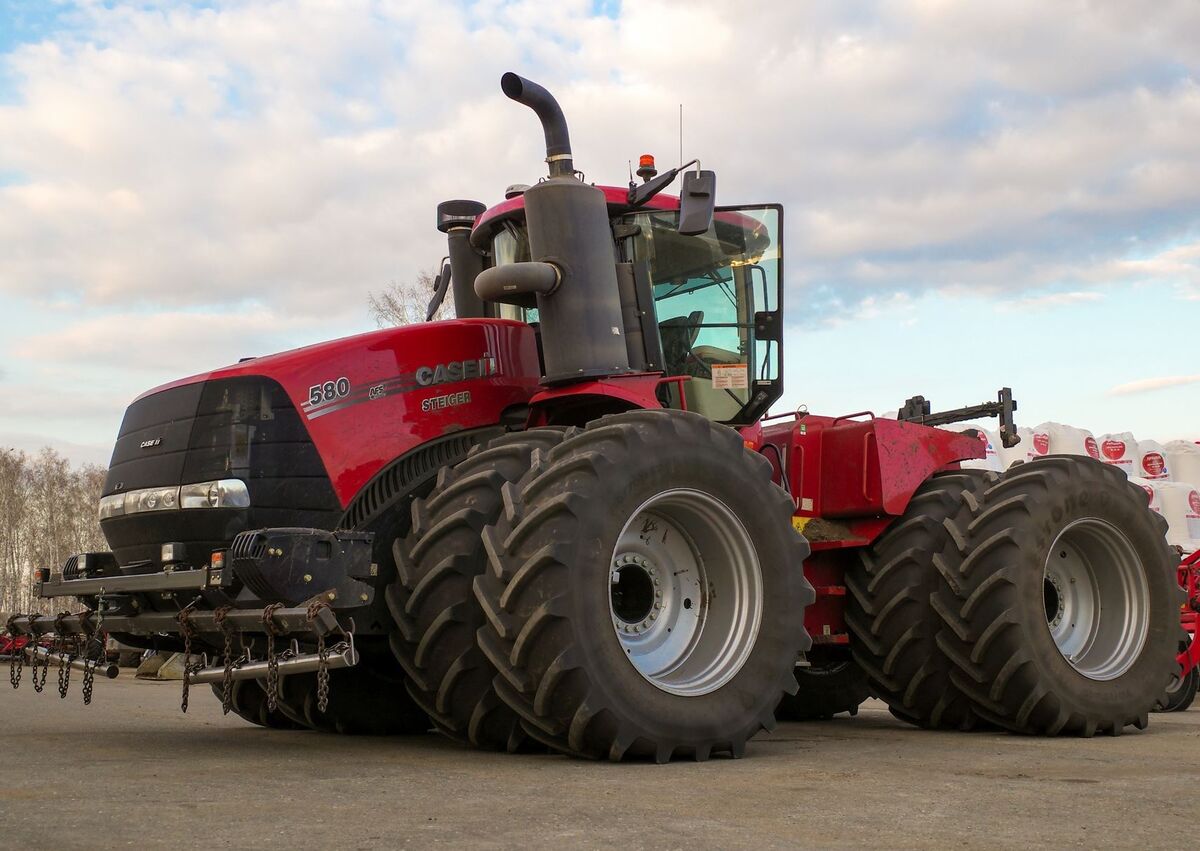CASE IH
DEF DELETE

If you want to boost the performance of your Case IH equipment, a DEF delete could be the solution you're seeking. By removing the Diesel Exhaust Fluid (DEF) system, you can improve the reliability, power, and overall lifespan of your machinery.
What is a Case IH DEF Delete?
A Case IH DEF delete is a modification that eliminates the DEF system from your equipment. While the DEF system is designed to reduce emissions, it often introduces unnecessary challenges, such as frequent maintenance and possible downtime. By choosing a DEF delete, you can bypass these issues and ensure your machinery runs smoothly without the limitations of the DEF system.
Benefits of a Case IH DEF Delete
- Lower Maintenance Costs: The DEF system requires regular refilling and upkeep, leading to recurring costs. By removing it, you can reduce these ongoing expenses and save money over time. Additionally, the chances of DEF-related breakdowns are eliminated, which can also lower repair costs.
- Improved Reliability: DEF systems are susceptible to failures, especially in tough working conditions. A DEF delete enhances the reliability of your Case IH equipment, minimizing the risk of unexpected failures and ensuring continuous operation.
- Reduced Downtime: By eliminating issues associated with the DEF system, you can reduce the need for frequent repairs and keep your equipment running with minimal interruptions.
Frequently Asked Questions (FAQs)
- Is a Case IH DEF Delete Legal?
It's crucial to verify local emissions laws. We offer guidance tailored to your area to help you stay compliant with all legal requirements. - Will a DEF Delete void my warranty?
Modifications like a DEF delete can sometimes impact your warranty. We advise reviewing your warranty terms before proceeding. - How long does the process take?
Our Case IH DEF Delete service usually takes a few hours, depending on the model of your equipment.
Upgrade today and take your tractor's performance to the next level. Contact us!
Diesel Exhaust Fluid (DEF)
plays a vital role in modern Case IH machinery, helping to lower harmful emissions and adhere to environmental standards. However, while DEF systems are advantageous for the environment, they can sometimes lead to operational challenges for equipment owners and operators. In this blog, we'll explore some typical DEF fluid issues encountered with Case IH equipment and offer tips on how to resolve them.
1. DEF Crystallization
A frequent problem with DEF systems is crystallization. DEF is a blend of urea and deionized water, and improper storage or handling can cause it to crystallize. This can result in blockages in the DEF lines, injectors, and filters, leading to system malfunctions. Crystallization can cause reduced engine performance, higher emissions, or even total system failure.
Solution: To avoid crystallization, store DEF at the recommended temperature range (12°F to 86°F). Regularly inspect and clean the DEF tank, lines, and injectors to remove any crystallized deposits. Using high-quality DEF and ensuring the DEF tank is properly sealed after use can also help prevent crystallization.
2. Contaminated DEF
DEF is highly susceptible to contamination, which can happen if the fluid comes into contact with dirt, dust, or even small amounts of certain chemicals. Contaminated DEF can lead to clogs in the system and damage to components, resulting in expensive repairs and downtime.
Solution: Always use clean, sealed containers when refilling DEF, and prevent contact with any foreign materials. Store DEF in a clean, dry environment and keep the container tightly closed when not in use. If contamination is suspected, it's important to flush the DEF system and replace the fluid with a fresh, uncontaminated supply.
3. DEF Quality Issues
Using low-quality or improperly mixed DEF can cause a variety of problems, from decreased performance to system malfunctions. DEF that doesn't meet required standards may not effectively reduce emissions, leading to issues with regulatory compliance.
Solution: Purchase DEF only from reputable suppliers who follow ISO 22241 standards. Regularly test DEF concentration and quality using DEF testing kits to ensure it meets the necessary specifications.
Legal aspects
These product modifications may not be permitted in all countries and can affect your vehicle’s type-approval, insurance coverage and warranty claims. You confirm that you have read and understood Sections 7.16, 7.17 and 7.18 of the Terms & Conditions and will verify all local legal requirements with your authorized dealer or a qualified expert before use.
PROFIT